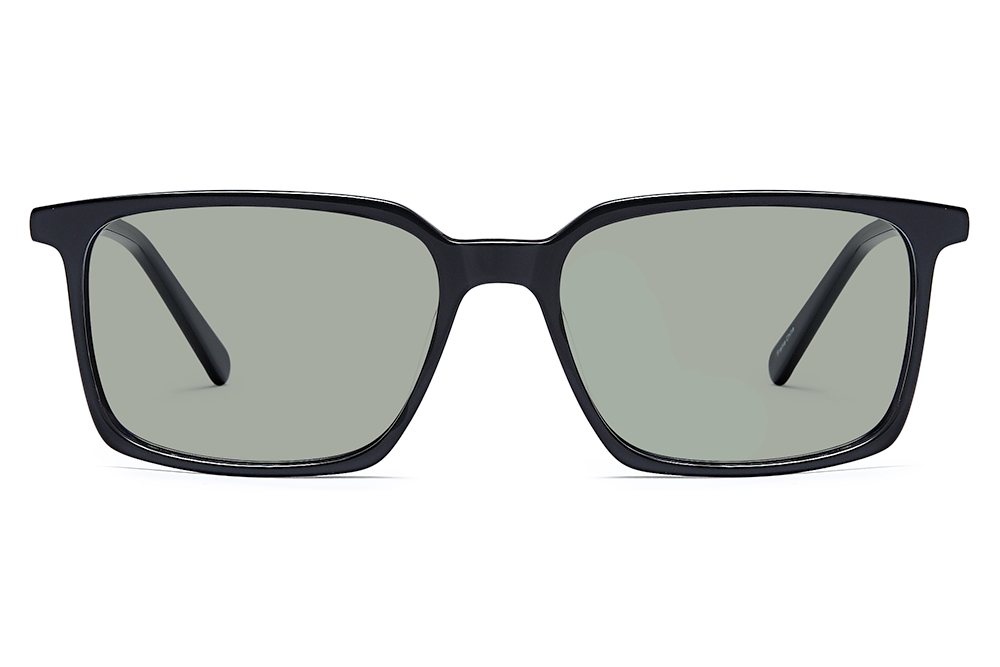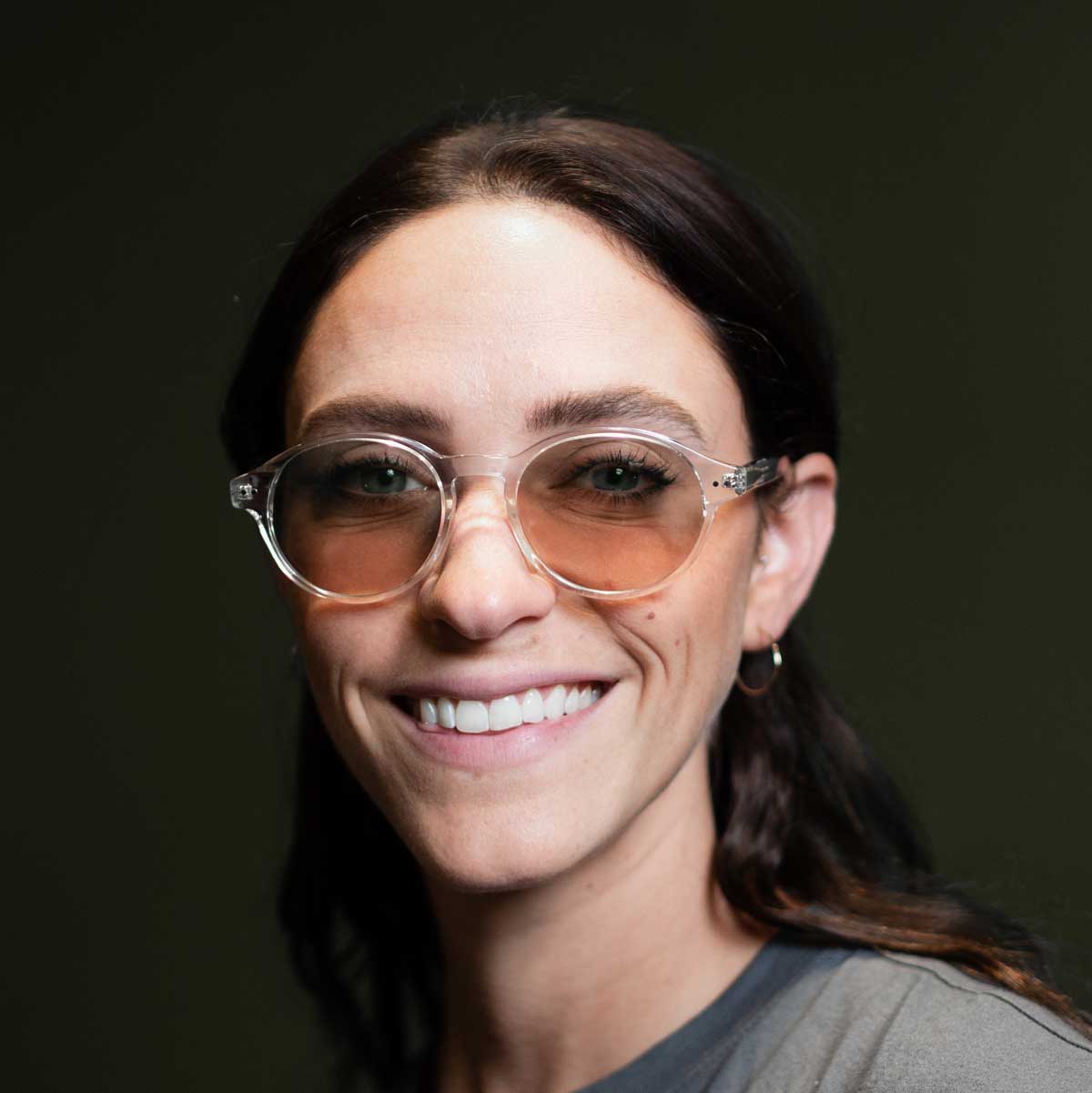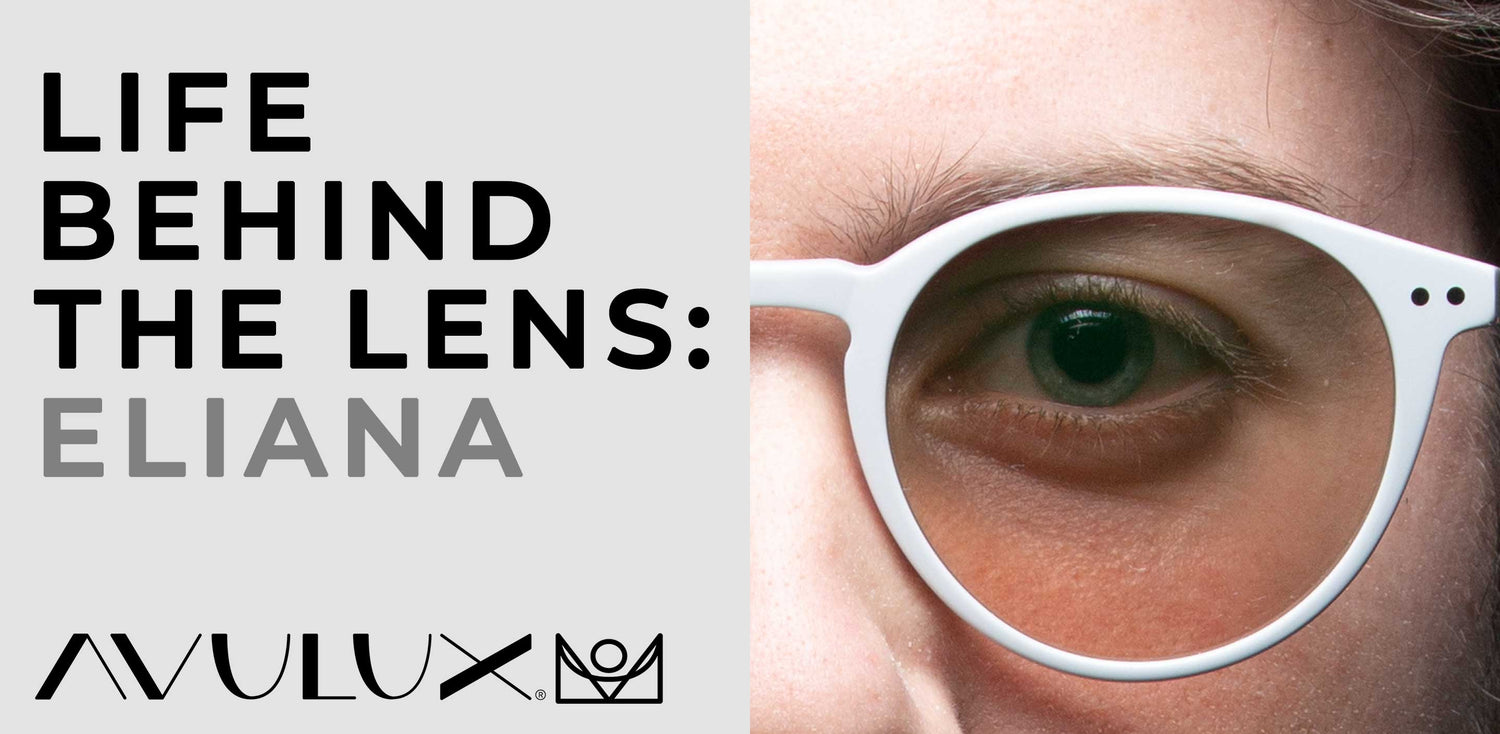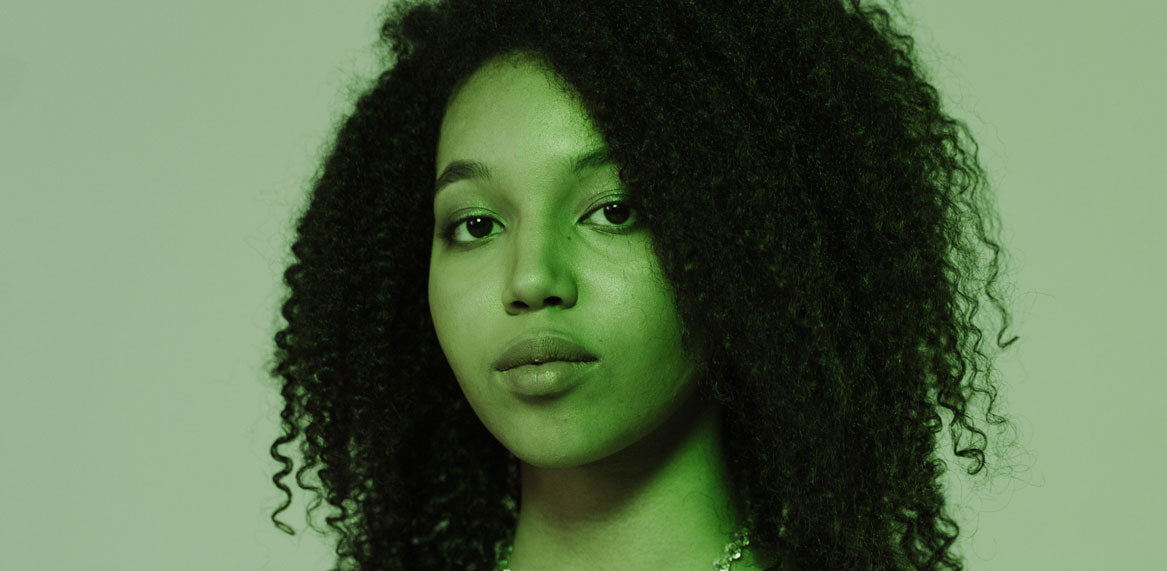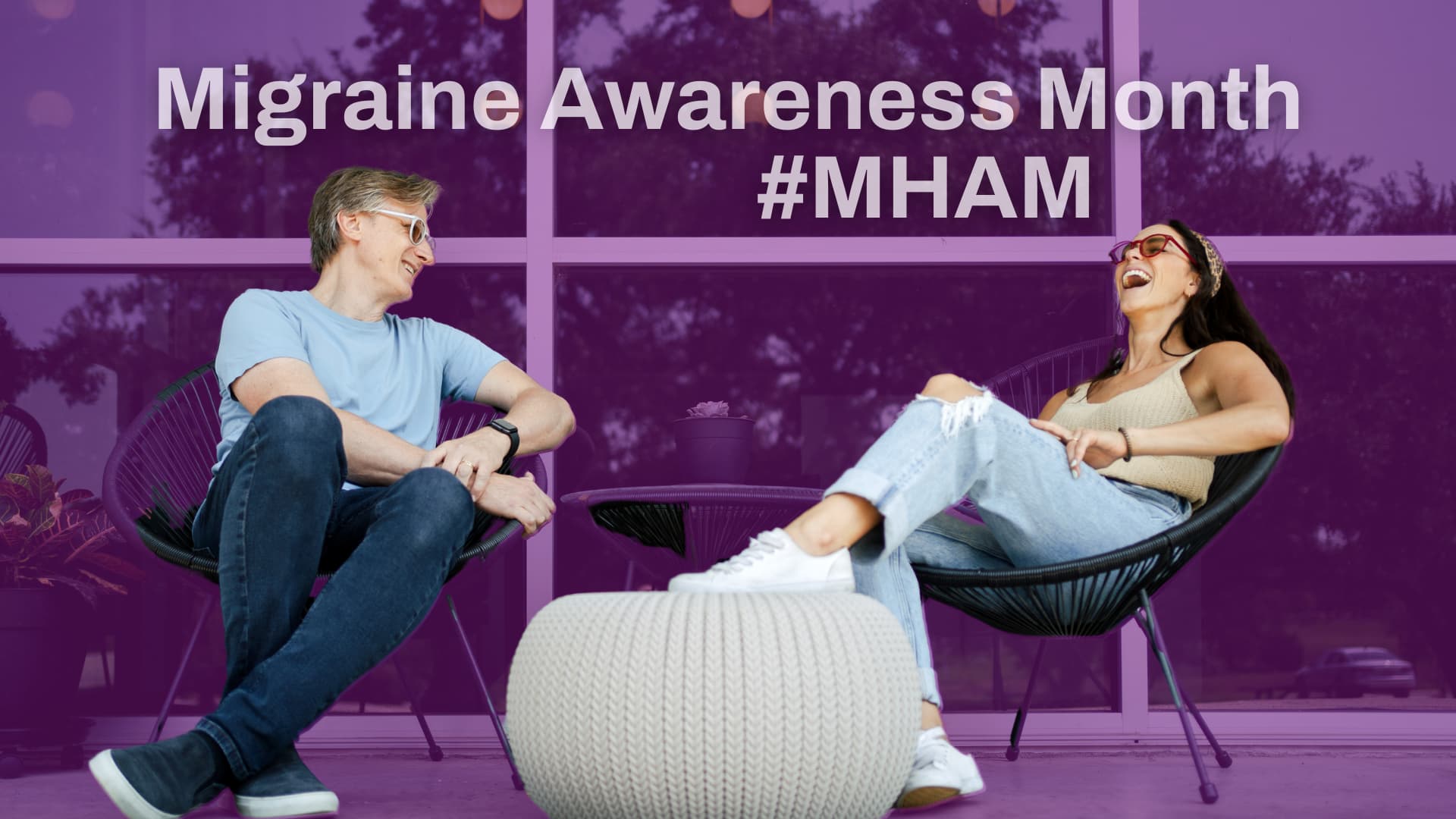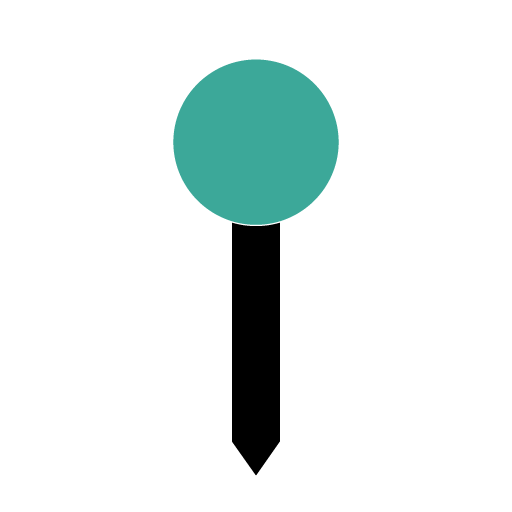The Avulux team interviewed Eliana, an Avulux customer who’s been wearing Avulux Migraine & Light Sensitivity Glasses since mid 2020. This is the first interview in Avulux’s Life Behind the Lens series.
Migraine and photophobia are complex and can affect people’s lives in different ways. By sharing people’s stories, we may be better able to understand and find relief for ourselves. Eliana was kind enough to share her struggles with chronic migraine and photophobia and how she’s finding success living her life behind the Avulux lens.
What were your symptoms like before you discovered Avulux?
I was diagnosed with chronic migraine in high school, and with Autism when I was 22. Between the photophobia due to my almost daily headaches and the severe sensory processing disorder that comes with my autism, I have been impacted and disabled by my light sensitivity my whole life.
I am visually sensitive in many different ways. Being in bright light is exhausting for me, and transitioning from a dark space to bright light makes my eyes ache. Fluorescent lighting and the lighting used for computer screens, TVs, and movie theaters give me headaches. Flashing lights, like strobe lights and Christmas lights, also give me headaches and cause overwhelm.
Because of all this, it got so bad that I started lessening my everyday activities to try to manage my symptoms. I dreaded going to my college classes that had fluorescent lighting, I would push through headaches to get homework done on my computer, and even though I went to a college in Southern California, I started spending less time outside to try to minimize the number of headaches I was getting. My symptoms were debilitating and exhausting to try to manage.
What did it feel like as you tried to manage your symptoms?
Before Avulux, I had tried other migraine glasses. These helped some, but I had never found glasses that worked as well as Avulux glasses do. I had a pair of migraine sunglasses that I would wear outside, but too much light would get through the sides of the glasses and the protective film would start wearing off quite quickly, both of which reduce the efficacy of the glasses.
I also had a pair of blue-light blocking glasses, but the lenses looked so red that I was too embarrassed to wear them in public, often when I needed them the most. I also had other methods of managing my symptoms.
I was on a cycle of trying a particular medication, having it reduce my headaches for a bit, getting really scary side effects, and then doing the exhausting process of tapering off that medication and trying a new one.
With the guidance of my neurologist, I was on a cycle of trying a particular medication, having it reduce my headaches for a bit, getting really scary side effects, and then doing the exhausting process of tapering off that medication and trying a new one.
I am grateful for all these things because they allowed me to graduate college, but they felt much more like short-term fixes and not something that I wanted to do for the rest of my life. During my junior year of college, I got academic and housing accommodations for the first time in my life, I started to identify as disabled for the first time, and I gave up my dream of becoming a veterinarian because I didn't think my body could handle it. I felt a lot of grief as I faced my impending college graduation with no idea what I wanted to do and if I would even be able to do it.
What was different, in your experience, about Avulux?
There are a few key things that make Avulux glasses the incredible light management tool that they are.
First, the frames are designed in a way that allows almost no light to come around the side of the glasses, yet they are also cute enough where I am never embarrassed to wear them in public (honestly, with this level of relief, I would've accepted goggles). I actually get compliments on their look sometimes!
Second, they work in almost all lighting conditions which I find to be really epic. I can wear the same glasses outside in the summer as I do at night while I watch the TV. This is less to keep track of, but also it means that they help with the transition from dark to light spaces. I experienced for the first time in my life what it feels like to have your eyes adjust to bright light without pain.
Third, they are extremely durable. I wear my Avulux glasses pretty much all day, every day. This means I wear them doing my job as an animal caretaker at a farm sanctuary (think, manual labor outside for 8 hours), I wear them in bed on migraine days, I wear them when I move, when I drive, etc. Even though I do my best to take extremely good care of them, accidents happen. They have been exposed to dirt, oils, dust, being dropped, being crushed (the arms bent from the frame- it was incredibly scary, I don't want to talk about it), being tried on by others, and subjected to all sorts of temperatures and climates. I've worn my first pair of Avulux glasses almost constantly for about a year and just got a second pair, and the only difference I can see is my old pair has a few minor scratches on the glass from one of the more unfortunate dropping accidents. They still are just as effective at helping me live with migraine as when I first bought them.
Finally, the customer service that Avulux provides is absolutely outstanding. I have contacted them multiple times with questions about the glasses and they have never disappointed. They really do care about their customers and always respond quickly, thoroughly, and professionally.
Take us to the moment when you realized Avulux was actually working to help you through your day.
There have been multiple moments when I realized Avulux was working for me. The first was my experience when I first got them. I do not need prescription glasses to see, so had never worn glasses consistently before. When I got them, I assumed I would wear them when I needed them most (looking at screens, being out in the hot sun, etc). However, I found myself missing them when I wasn't wearing them. I naturally started to wear them more and more because of the relief that they provided until I was wearing them all day.
The second time I realized Avulux was working was a dramatic reduction in how light impacts my day.
The second time I realized Avulux was working was a dramatic reduction in how light impacts my day. The Avulux glasses are not a cure, and I still get migraines once a month or once every other month and still very much need a triptan when I do get a migraine. However, with the Avulux glasses and the therapy from the Allay lamp, this year I felt safe enough to try going off all preventative medications for the first time in 5 years.
Finally, I don't have to constantly brace myself for eye pain anymore. I don't feel pain when my eyes transition to bright spaces, I can watch TV with my family even though the TV doesn't have a blue light filter, and, especially important during the pandemic, I can spend time on my computer working, receiving virtual healthcare, and connecting to the people I love.
Tell us what your life looks like with Avulux now.
Almost exactly a year ago, I graduated from college and moved back home with my parents. I needed many accommodations to graduate college and I didn't know if I'd ever be able to work full time. I was tapering off a preventative medication that was giving me horrible side effects, I was experiencing full-blown migraine attacks weekly, and the job market was at an extreme low, so getting accommodations from employers was especially difficult.
I have not gone above a 5/10 in head pain in 5 months.
One year later, I work two 20 hours per week jobs, one of which is 20 hours on the computer and the other is 20 hours of outdoor physical labor. I am finally moving out of my parents' house to live on my own, and even though I still do get migraines and headaches occasionally, I have not gone above a 5/10 in head pain in 5 months. I have worked to create a lifestyle beyond just the Avulux glasses that support my life with migraine (these are not a cure), but I have no doubt in my mind that they have had a huge impact on how I get to live my life.




